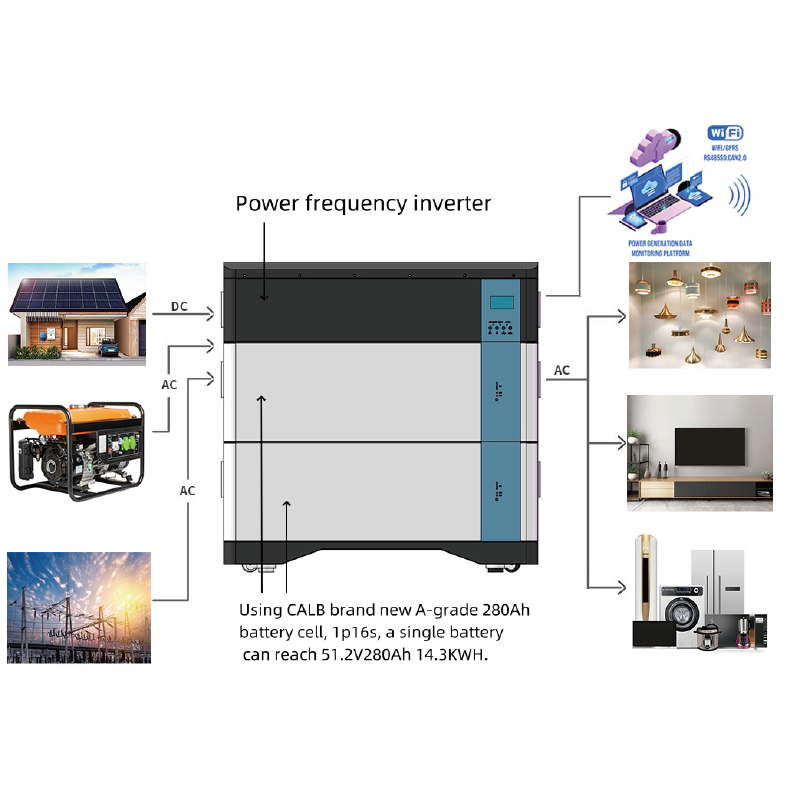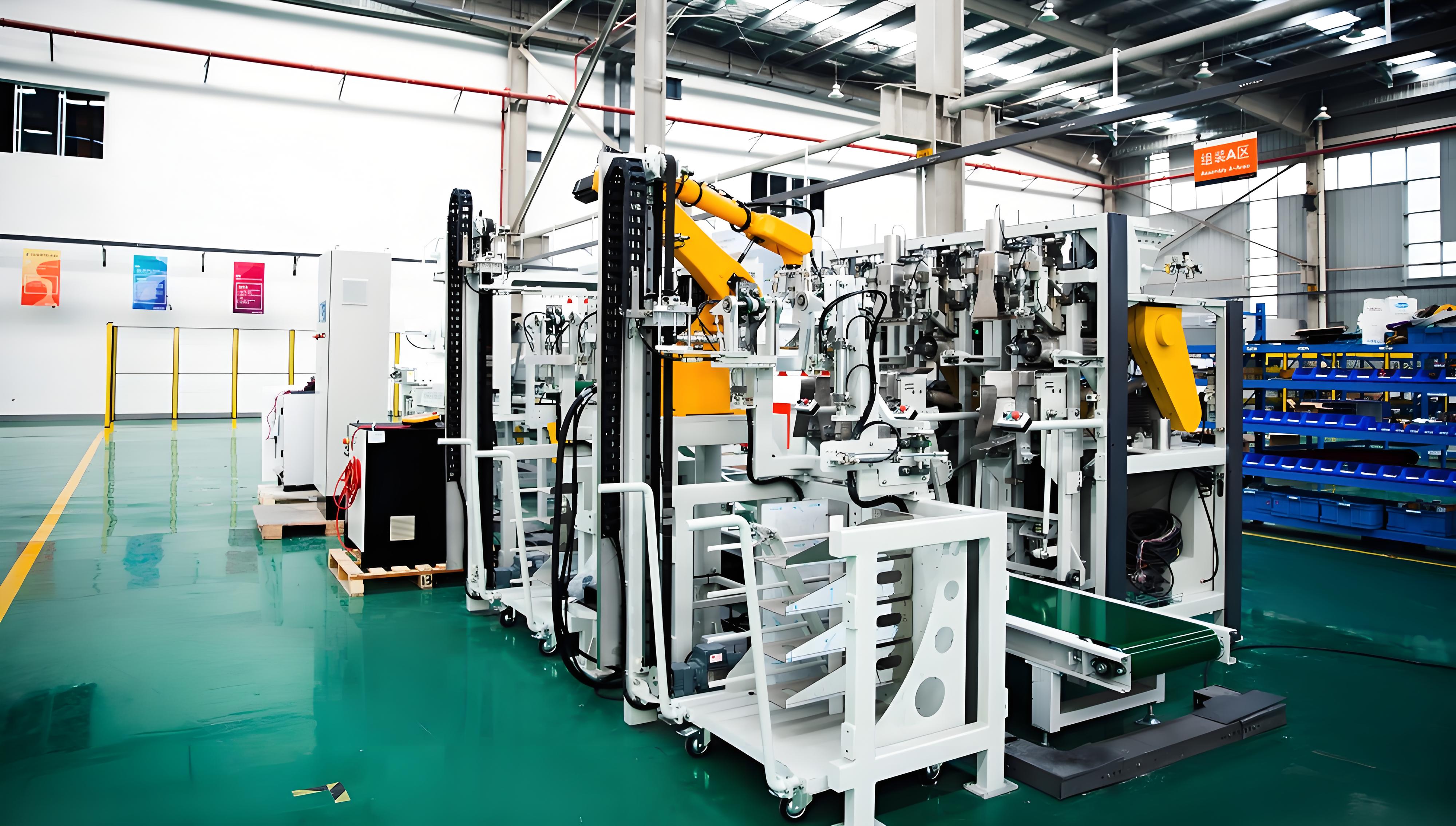Nitrogen, a colorless, odorless gas that constitutes approximately 78% of the Earth's atmosphere, is often overlooked in discussions about essential elements in our daily lives. However, this inert gas plays a crucial role in various applications, from food preservation to industrial processes. In this article, we will delve into the diverse uses of nitrogen in everyday life, highlighting its significance across multiple sectors.
- Nitrogen in Food Preservation
One of the most prominent uses of nitrogen is in the food industry, particularly in the preservation of perishable goods. Nitrogen gas is employed in modified atmosphere packaging (MAP), a technique that replaces the oxygen in packaging with nitrogen. This process slows down the oxidation of food, thereby extending its shelf life and maintaining freshness. For example, nitrogen flushing is commonly used for snacks, meats, and dairy products, preventing spoilage and reducing waste.
Moreover, nitrogen is utilized in cryogenic freezing, where food is rapidly frozen using liquid nitrogen. This method preserves the texture, flavor, and nutritional value of food items, making it a preferred choice for the storage of fruits, vegetables, and prepared meals.
- Nitrogen in the Pharmaceutical Industry
In the pharmaceutical sector, nitrogen plays a pivotal role in the production and storage of medications. Many pharmaceutical compounds are sensitive to moisture and oxygen, which can degrade their efficacy. Nitrogen is used to create an inert atmosphere during the manufacturing process, ensuring that these compounds remain stable.
Additionally, nitrogen is employed in the storage of vaccines and other temperature-sensitive medications. By using nitrogen in cryogenic storage systems, healthcare providers can maintain the integrity of these vital products, ensuring they remain effective for patient use.
- Nitrogen in Electronics Manufacturing
The electronics industry also relies heavily on nitrogen for various applications. Nitrogen is used in the production of semiconductors, where it serves as a carrier gas in chemical vapor deposition (CVD) processes. This technique is essential for creating thin films and coatings on electronic components, which are crucial for the functionality of devices such as smartphones, computers, and televisions.
Furthermore, nitrogen is utilized in the packaging of electronic components. By creating a nitrogen-rich environment, manufacturers can prevent oxidation and moisture damage, thereby enhancing the longevity and reliability of electronic products.
- Nitrogen in Agriculture
In agriculture, nitrogen is a vital nutrient for plant growth. While atmospheric nitrogen is not directly usable by plants, it can be converted into a form that plants can absorb through biological processes. Farmers often apply nitrogen-rich fertilizers to enhance crop yields and improve soil health. This practice is essential for sustaining food production and meeting the demands of a growing global population.
Additionally, nitrogen is used in precision agriculture techniques, where it helps optimize the application of fertilizers. By using nitrogen sensors and drones, farmers can monitor crop health and apply nitrogen more efficiently, reducing waste and environmental impact.
- Nitrogen in Industrial Applications
Beyond food and agriculture, nitrogen is widely used in various industrial applications. It serves as a blanketing gas in the storage and transportation of flammable materials, reducing the risk of combustion. In the oil and gas industry, nitrogen is used for enhanced oil recovery, where it helps maintain reservoir pressure and improve extraction efficiency.
Moreover, nitrogen is employed in the production of chemicals and fertilizers, where it acts as a feedstock for synthesizing ammonia—an essential component in the manufacture of nitrogen-based fertilizers.
Conclusion
In conclusion, nitrogen is an indispensable element that permeates various aspects of our daily lives, from food preservation and pharmaceuticals to electronics and agriculture. Its inert properties make it a safe and effective choice for numerous applications, ensuring the quality and longevity of products we often take for granted. As we continue to innovate and seek sustainable solutions, the role of nitrogen will undoubtedly expand, solidifying its status as an unsung hero in our everyday existence. Understanding the multifaceted uses of nitrogen not only highlights its importance but also encourages us to appreciate the science behind the products and processes that enhance our lives.




